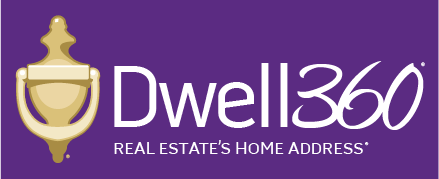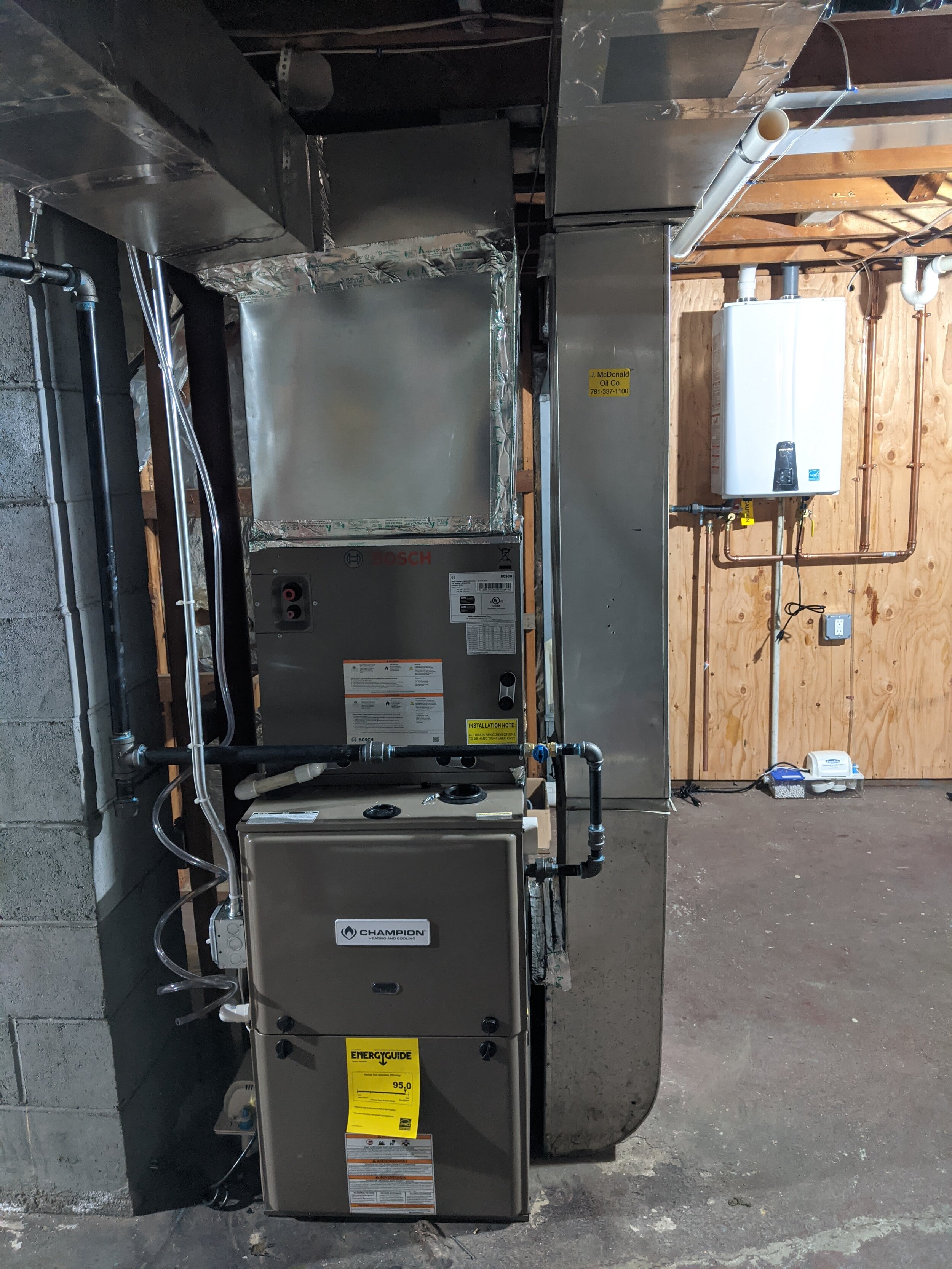Home Inspections Part II: During the Inspection
By now you have chosen your inspector and scheduled a time for them to come examine your home or the one you're considering purchasing. When the inspection begins, what should you do?
While not required, we always recommend that the buyer be present during a home inspection. This allows you to observe the inspector, ask direct questions, and fully understand the condition of the property being purchased. Furthermore, it is important to have knowledge of the home’s systems; how they work and what is needed to maintain them.
You won’t need to tell your inspector what you want inspected; they come prepared. However, it may be helpful to know what to expect of what the inspection may cover before it begins. Items that will be looked at will include:
Foundation
Roof
Exterior
Attic
Basement
Walls, Floors, & Ceilings
Plumbing
Electrical
Heating/Cooling Systems
Doors & Windows
Any additional structural components
There are things that won’t be considered as part of the inspection, so take these account if you suspect that they may be a problem:
Inside the walls
Chimney or roof repairs
Septic tanks
Wells, sheds, or any other additional structures separate from the house itself
Just because these are not covered in a standard home inspection, doesn’t mean they cannot be checked out. You may want to look into another professional who can inspect the particular item in question separate from your inspection before moving forward with your transaction.
During the inspection itself, it might be helpful to remember that your inspector is doing a job. They will need to concentrate, so keep questions brief and concise. Buying a home involves emotion due to its nature, but try to not intervene or nitpick too much. There will be plenty of time to negotiate repairs once the inspection is complete. Your inspector is not responsible to perform any repairs on what they find, so keep in mind their job is limited to the inspection.
Not every inspection is perfect. While some go off without as much as a hiccup, some inspections can turn up potentially serious problems such as termites, mold, asbestos, structural damage, or more. Your real estate agent will be able to discuss the issues with you and advise on how to proceed.
Tune in next time for Part III of our Home Inspection Series; an infographic that examines the possible issues that could be found during a home inspection. Miss Part I? Click here to see what to do in order to prepare for a home inspection!
Dwell360 realty is a boutique residential real estate firm based in Newton, Massachusetts, servicing the cities and suburbs of Greater Boston. Their talented REALTORS seek to educate about and help clients through the home inspection process. Dwell360 is a leader in luxury real estate throughout Boston, Brookline, Newton, Needham, and other communities of Greater Boston. Search for homes in Massachusetts and then give us a call.
Sources:
Division of Professional Licensure. Home Inspectors Facts for Consumers Sheet. Retrieved from http://goo.gl/gCrR1x.
Mastroeni, Tara. 10 Things Every Buyer Should Know About Home Inspections. Retrieved from http://goo.gl/id8A05.
Zillow. Home Inspection Checklist. Retrieved from http://goo.gl/okaxNL.
Baeder, Justin. (June 13, 2007). DSC_0113 [image]. Retrieved from http://goo.gl/1ZfEQR.



